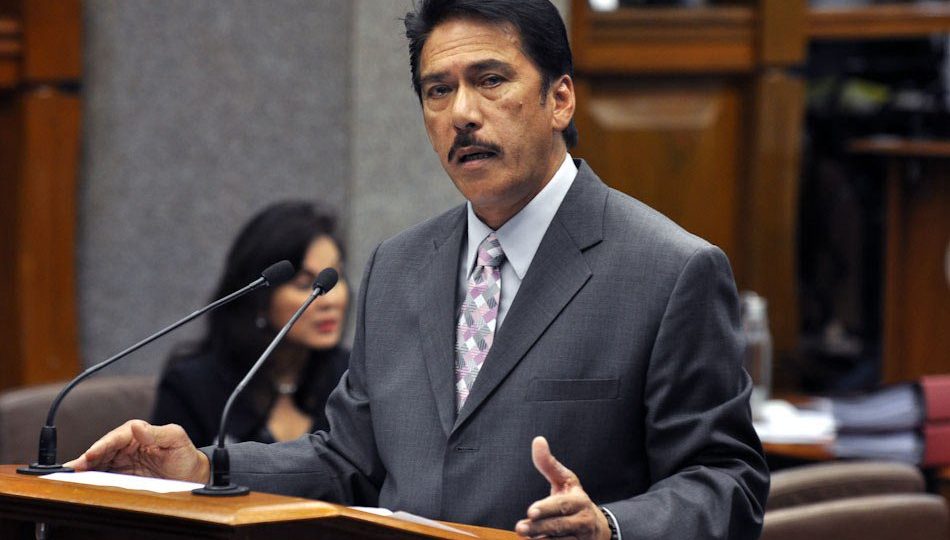The New York-based Human Rights Watch (HRW) yesterday slammed a bill filed by Philippine Senate President Vicente Sotto III which seeks to prohibit the publication of fake news on the internet, saying that this would stifle online discussions.
In a statement, the HRW urged the Philippine government to withdraw Senate Bill No. 9 or the “anti-fake news bill,” which Senator Sotto filed on July 1.
HRW’s Asia legal advisor Linda Lakhdhir said that if it were signed into law, the bill “would open the door for the government to wantonly clamp down on critical opinions or information not only in the Philippines but around the globe.”
She added that Senator Sotto should revise the bill “to meet international free expression standards.”
Senator Sotto’s bill considers the following acts punishable: the creation of a website or online account, including fictitious ones, which contain wrong information; publishing deceiving content as a paid service; and financing companies which are involved in the publication of false content online.
An aggrieved party can file a complaint at the DOJ’s Office of Cybercrime, which would be empowered to order websites or accounts to rectify what the complainant considers as false information. The Office of Cybercrime can also order the erring website or account to completely remove the content. They can also ask intermediaries to block users from accessing the information. However, in cases of “public interest,” the office can issue the order even without a complainant.
Those found guilty of violating the law can be fined as much as PHP2 million (US$39,146) or be imprisoned for as long as 20 years.
The HRW complained that the bill does not identify who in the Office of Cybercrime can determine which information “is true or false, or what standards are to be used in doing so.”
The HRW also said that the bill is contrary to the recommendation of the United Nations Human Rights Council, which the Philippines is a member of, that a government’s regulation of online content should “not impose disproportionate sanctions, whether heavy fines or imprisonment … given their significant chilling effect on freedom of expression.”
The HRW said that under the International Covenant on Civil and Political Rights, which the Philippines ratified in 1986, a government can restrict its citizens’ freedom of speech only if its “necessary for the protection of national security, public order, public health or morals, or the rights of others.” The restrictions should also be written clearly so that citizens can perfectly understand what is not allowed.
The anti-fake news bill, the HRW argued, does not meet these standards.
Lakhdir said that the bill poses risks for activists, journalists, academics, and ordinary people who use the internet to express their opinions.
“By proposing this heavy-handed regulation, the Philippine government threatens both internet freedom and the free exchange of ideas that lies at the heart of the democratic process,” she said.
Senator Sotto has been the subject of several online rumors. He even requested The Philippine Daily Inquirer on June 2018 to take down three articles from its website which linked him to the death and alleged gang rape of actress Pepsi Paloma. In 1982, Paloma accused Senator Sotto, his brother Vic Sotto, and their friends Joey de Leon and the late Richie D’Horsey of allegedly raping her. The case was settled out of court.
The lawmaker called the Inquirer articles “the original fake news.” The newspaper gave in to his request and took down the articles.
He said that he filed the anti-fake news bill because the spread of false information “has become a serious problem nationwide.”





Reader Interactions